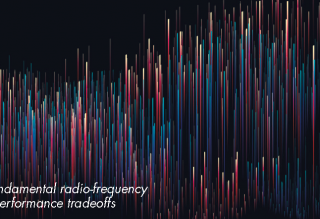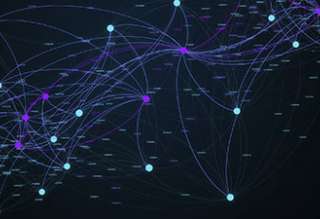SPS Feed
Top Reasons to Join SPS Today!
1. IEEE Signal Processing Magazine
2. Signal Processing Digital Library*
3. Inside Signal Processing Newsletter
4. SPS Resource Center
5. Career advancement & recognition
6. Discounts on conferences and publications
7. Professional networking
8. Communities for students, young professionals, and women
9. Volunteer opportunities
10. Coming soon! PDH/CEU credits
Click here to learn more.
The Latest News, Articles, and Events in Signal Processing

PhD-student positions (\approx 3 years) and Postdoc positions (1-->5 years) available for research in Wireless Communications, Information Theory, Edge and Distributed Computing, Caching. EURECOM is located in the French Riviera's silicon valley and is an English speaking Graduate school.

Are you an early-career researcher who enjoys finding innovative solutions to unmet clinical needs and translating deep learning in medical image analysis to the clinic? Do you have a background in medical image computing and experience with working collaboratively with clinicians and clinical image databases? Do you have a passion for developing statistical deep Bayesian methods for medical image analysis?

The Department of Medical Physics and Acoustics at the University of Oldenburg, Germany, is seeking to fill the position of a
Professor (W2) Speech Technology and Hearing Devices
commencing as soon as possible within the cluster of excellence “Hearing4all”.
Fractional interpolation is used to provide sub-pixel level references for motion compensation in the interprediction of video coding, which attempts to remove temporal redundancy in video sequences. Traditional handcrafted fractional interpolation filters face the challenge of modeling discontinuous regions in videos, while existing deep learning-based methods are either designed for a single quantization parameter (QP), only generating half-pixel samples, or need to train a model for each sub-pixel position.
Recent studies have shown the effectiveness of using depth information in salient object detection. However, the most commonly seen images so far are still RGB images that do not contain the depth data.
Deep convolutional neural networks (CNNs) have revolutionized the computer vision research and have seen unprecedented adoption for multiple tasks, such as classification, detection, and caption generation. However, they offer little transparency into their inner workings and are often treated as black boxes that deliver excellent performance.
Defocus blur detection is an important and challenging task in computer vision and digital imaging fields. Previous work on defocus blur detection has put a lot of effort into designing local sharpness metric maps.
Pages
SPS Social Media
- IEEE SPS Facebook Page https://www.facebook.com/ieeeSPS
- IEEE SPS X Page https://x.com/IEEEsps
- IEEE SPS Instagram Page https://www.instagram.com/ieeesps/?hl=en
- IEEE SPS LinkedIn Page https://www.linkedin.com/company/ieeesps/
- IEEE SPS YouTube Channel https://www.youtube.com/ieeeSPS



















